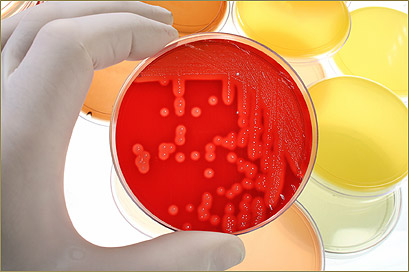
By Lisa Merkl
University Communication
Personalized medicine, pathogen detection and next generation sequencing should take great strides forward with the development of computational tools that can be used as building blocks (much like LEGOs®) for a variety of applications requiring advanced genomic sequence analysis.
These computational tools, developed over six years, were recently licensed by Houston-based Eureka Genomics on an exclusive worldwide basis from the University of Houston.
Led by UH associate professor Yuriy Fofanov, the development of these computational tools coincides with the introduction of next generation sequencing instruments. The marriage of these two technologies will benefit commercial applications in healthcare, food, agriculture, emerging pathogen surveillance and biotechnology, as well as the broad life science research community.
“I expect that these new computational tools will be used to design a variety of practical life science applications. In many cases, these applications previously were not addressable, as only inadequate tools were available to do so,” Fofanov said.
Investigen Inc. (Hercules, Calif.) already uses these computational tools in an ongoing project. The ultraspecific molecular signatures for Mycobacterium tuberculosis have been generated by a full genome comparison of the three sequenced M. tuberculosis genomes with human genome sequences, human SNPs, and 150 microorganisms of interest.
“It is amazing that the algorithms can do this and that there are fewer than 60 subsequences conserved in the M. tuberculosis genomes and not present (at the level of two nucleotides or greater difference) in all those other genomes. There is just no point in trying to develop an assay based on any other subsequence. These are ultra-unique and have less chance of generating false-positive results than subsequences that are only one nucleotide different,” Heather Koshinsky, CEO of Investigen, said.
“Similar to diagnostics, the development of therapeutics and vaccines also could see reduced development time and fewer unintended interactions if in silico ultraspecific molecular signatures are used,” Koshinsky said.
“Improved understanding of genetic variation should lead to faster development of a variety of new personalized medical treatments, such as individual dosage levels, which will reduce the frequency of adverse drug reactions,” said Eureka Genomics COO Didier Perez.
“The University of Houston is pleased to work with Eureka. UH’s Center for Industrial Partnerships works diligently to provide intellectual property licensing and research contracts that fit industry’s needs,” said John Warren, executive director of the CIP. |

